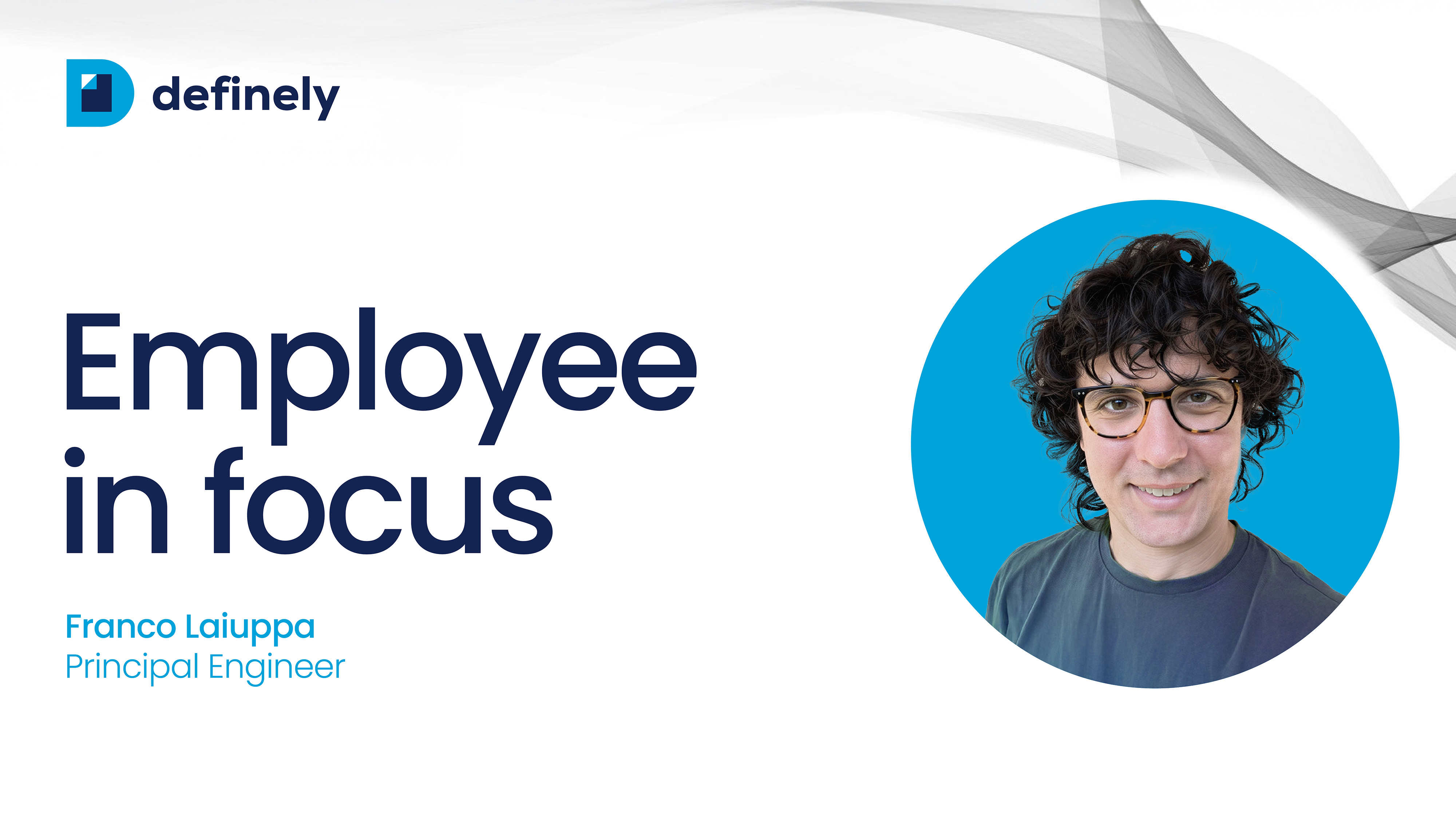Competing With CoPilot: Should You Consider Legal Specific Solutions Instead?

Fact: Document and legal contract drafting are some of your firm’s most time-consuming and unavoidable tasks.
Good news: Automation can greatly reduce the amount of time lawyers have to spend on them.
According to a Thomson Reuters survey, 91% of lawyers agreed that this type of software saved them time. 89% reported that the time they saved allowed them to put more effort into higher-value activities.
So far, so good.
With significant time savings and the opportunity to increase revenue on the table, it’s no surprise that law firms are trying GenA(Generative AI) solutions like CoPilot.
The question we’re asking is, “Is CoPilot fit for legal purposes?”
Let the discussion begin.
The Appeal of Generic GenAI Solutions Like CoPilot
Generic GenAI solutions like CoPilot hold a strong appeal for law firms looking to streamline their operations and harness the power of artificial intelligence.
Due to the rapid rise of legal document editing and drafting software, your firm has more choices than ever. However, not all solutions are created equal. The quality of such software can vary dramatically, so it’s crucial for your firm to choose wisely.
For example, some things to watch out for with generic GenAI solutions include:
● Training data and bias: Combining a broad range of internet-based sources for training could introduce biases or inaccuracies into the AI's output. It’s possible that this may affect both the reliability and trustworthiness of its suggestions.
● Immediate insight generation: Immediate insight generation may not fully address the complexity and nuance of legal documents - posing questions about the depth and contextual appropriateness of the generated comments.
● Risk identification: Keeping the AI's risk identifications up-to-date with evolving legal standards and market norms is challenging. This could affect its ability to effectively identify and mitigate potential contract risks.
As well as these potential risks, the solution you choose must actually improve your workflows - while also meeting all your feature requirements.
It’s also worth bearing in mind that generic GenAI solutions like CoPilot cater to a variety of industries and use cases. So can a generic solution adequately meet the unique demands of your legal drafting and contract analysis?
Data Security and Compliance
Because law firms handle sensitive information daily, choosing a GenAI software that prioritises data security and compliance is essential.
Legal-specific GenAI solutions like Definely focus on these aspects by using advanced security measures and compliance features tailored to legal standards. In contrast, generic solutions likeCoPilot may offer basic security features but lack optimisation for the unique legal compliance landscape. This potentially poses significant risks when handling confidential client information or sensitive case details.
Feargus MacDaeid, Co-Founder and Chief Strategy Officer at Definely, explains,
“Within the industry at present, too many are rushing too quickly to build a solution in order to capitalise on what is an incredibly exciting market at the expense of security. In reality, slow and steady wins the race.
At Definely, having been founded by former lawyers, by working daily with leading international law firms and by continuing to employ former lawyers, we understand this risk wholly.
Our approach is to consult with our customers to aggregate our combined knowledge and offer a suite of solutions that guarantees both privacy and security, with the promise that no data shall ever leave the client’s network or control. Indeed, even we will not have access to it once the system is in place. Ultimately, we know that nothing will work for our customers if you can’t give that guarantee, and honestly, we wouldn’t want to build anything that risked their reputation or ours.”
The Case for Legal-Specific GenAI Solutions
Tailored to the needs of legal professionals, legal-specific GenAI delivers the optimal features and functionalities to streamline legal workflows and enhance productivity.
Unlike their generic counterparts, these AI systems are pre-trained exclusively on a vast array of legal documents - from contracts and briefs to statutes and judicial opinions. This specialised training equips the software with a nuanced understanding of legal terminology, concepts, and contexts.
There’s a wealth of advantages to this specialised approach.
Firstly, legal-specific GenAI solutions offer significantly improved accuracy in drafting and reviewing documents. They understand the subtleties of legal language and are adept at navigating the complexities inherent in legal texts.
Secondly, these solutions are finely tuned to recognise and adapt to the unique nuances of different legal jurisdictions and practice areas. This sensitivity to context greatly enhances their utility in a professional legal setting. Ensuring that the generated content is not only accurate but also highly relevant.
So, this begs the question - is it better to be a jack of all trades, or a master of one?


.png)